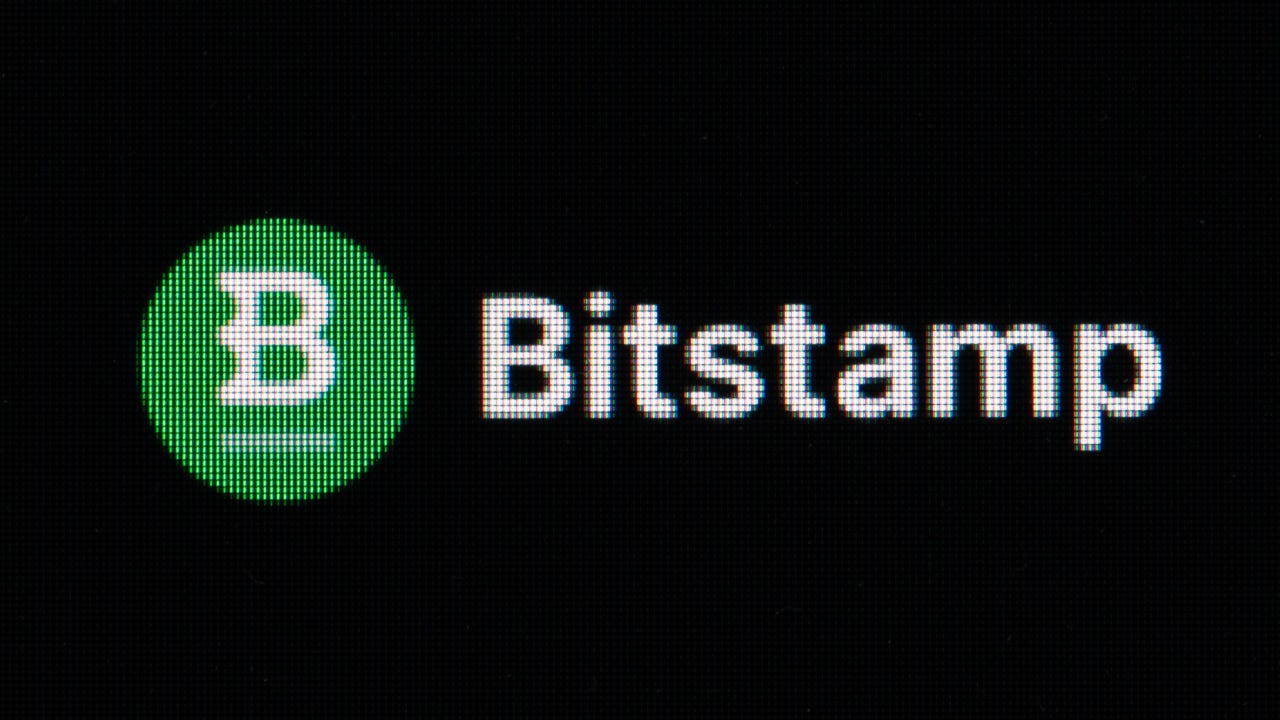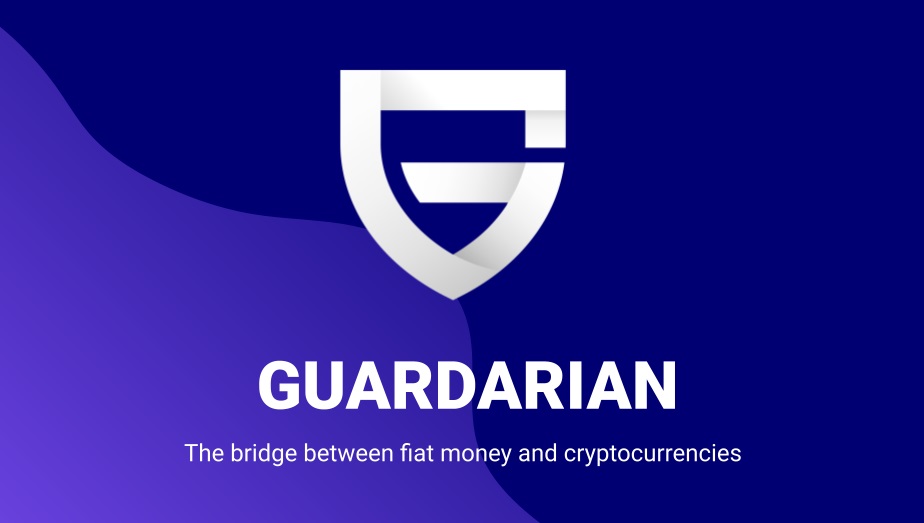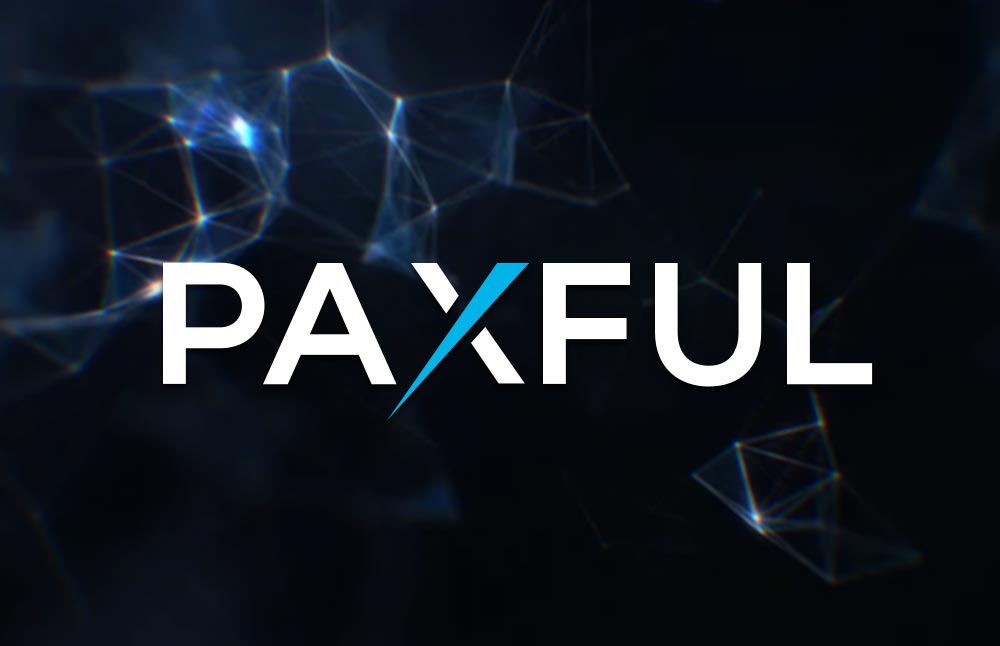Last updated on January 13th, 2025 at 05:28 am
Crypto off-ramps are essential for converting digital assets into fiat currency. They allow users to cash out their crypto holdings to cover expenses or secure profits.
In the early days of crypto, converting to fiat was impossible, and the sole option was exchanging one cryptocurrency for another on centralized exchanges.
However, with the advent of on-ramp and off-ramp platforms (thanks to Mt.Gox, who pioneered the concept), cryptocurrencies became practical and usable for daily transactions. These platforms seamlessly bridge the digital and fiat financial worlds with their user-friendly interfaces and efficiency and are integral to the current DeFi landscape.
Both off-ramps and their on-ramp counterparts provide a wide array of options, including cryptocurrency exchanges and payment processors that facilitate the conversion of cryptocurrencies into traditional money. Choosing the right one can be a bit of a challenge.
This article reviews the following crypto off-ramps available to users resident in the USA:
- Coinbase
- Gemini
- Binance.US
- Kraken
- Bitstamp
- Crypto.com
- Coinmama
- Coinify
- Guardarian
- Paxful
Top 10 Crypto OffRamps in the USA
Coinbase

- Supported Cryptocurrencies: 244
- Transaction Fees: 1.5% – 3% per trade
- Security Features: Biometrics, Email confirmations for withdrawals, Two-Factor Authentication (2FA)
- User-Friendliness: Suitable for beginners and experienced users
At the top of our list is Coinbase, a well-known cryptocurrency exchange and wallet service frequently used in the United States.
Founded by Brian Armstrong and Fred Ehrsam in 2012, Coinbase has played a significant role in the cryptocurrency off-ramp ecosystem in the USA. It offers a user-friendly platform for converting cryptocurrencies into traditional fiat currencies (USD) and withdrawing them to bank accounts.
Their user-friendly interface makes it easy for newcomers to trade digital assets for traditional money. They also provide a “Coinbase Card” for spending cryptocurrency at Visa-accepting merchants and Coinbase Pro, a platform for experienced traders and institutions with advanced tools and lower fees.
Gemini

- Supported Cryptocurrencies: 87
- Transaction Fees: 0% – 1.49% per trade
- Security Features: Two-Factor Authentication (2FA), Support for hardware security keys, and Email confirmations for withdrawals.
- User-Friendliness: Great for beginners
Founded by Cameron and Tyler Winklevoss in 2014, Gemini has been a major player in the US crypto industry.
Since its inception, the exchange has provided an easy-to-use platform for converting cryptocurrencies into traditional fiat currencies (e.g., US dollars) and transferring the proceeds to bank accounts. Gemini also offers a user-friendly mobile app for managing cryptocurrency holdings, executing trades, and initiating off-ramp transactions on the go.
Binance.US

- Supported Cryptocurrencies: 155
- Transaction Fees: 0.10% – 0.50% per trade
- Security Features: KYC & AML protocols, Multi-factor authentication (MFA), Address Management, Support for hardware security keys, Email confirmations for withdrawals
- User-Friendliness: Geared towards experienced traders with good crypto trading experience
Binance.US was established to cater to the US market and comply with US regulatory requirements. It’s a subsidiary of Binance, the largest crypto exchange by trading volume.
Because of its geographic restrictions, Binance.US offers a smaller cryptocurrency selection compared to the global Binance platform.
Binance.US is currently facing intense regulatory scrutiny, which has cast doubts on its future. The crypto exchange has had several run-ins with US financial authorities, leading to massive outflows from its wallets. As a result, millions of dollar-pegged stablecoins like Tether’s USDT and USDC have been moving to other exchanges or individual wallets.
Kraken

- Cryptocurrencies Supported: 240
- Transaction Fees: 0.0% – 1.7% per trade
- Security Features: Two-Factor Authentication (2FA), No Phone/SMS account recovery, Email confirmations for withdrawals, Configurable account timeout
- User Friendliness: Great for beginners.
Kraken’s presence and business in the cryptocurrency off-ramp ecosystem have significantly bridged the gap between the crypto world and traditional finance for many users in the United States.
Known for its high liquidity, which is essential for users making quick and competitive cryptocurrency transactions, Kraken has established itself as a secure and reliable platform for users looking to convert their cryptocurrencies into fiat currencies and access a wide range of digital assets.
One downside is that Kraken’s KYC and AML requirements may require extensive personal information, which can be time-consuming and deter privacy-conscious users. Also, there have been reports of delays in fiat withdrawals, which can be inconvenient for those in need of quick access to funds.
Bitstamp

- Supported Cryptocurrencies: 78
- Transaction Fees: 0.5% per trade
- Security Features: Whitelisting, two-factor authentication (2FA), multisig wallets, Email confirmations for withdrawals
- User-Friendliness: Great for beginners
Bitstamp, established in 2011, is the world’s longest-running cryptocurrency exchange. Originally a European exchange with a global audience, it has gained popularity among U.S. users. Bitstamp is now a well-established cryptocurrency exchange in the United States, known for its reliability and security, making it a safe choice for off-ramping crypto assets.
A major disadvantage of using Bitstamp is having fewer payment options depending on location. This potentially limits your choices for depositing or withdrawing funds.
Crypto.com

- Supported Cryptocurrencies: 293
- Transaction Fees: 0.0% – 0.75% per trade
- Security Features: Multi-Factor Authentication (MFA), Email confirmations for withdrawals
- User-Friendliness: Geared towards intermediate traders with crypto trading experience
Founded in 2016, Crypto.com offers a wide range of services, including trading and investment. This exchange provides access to over 250 cryptocurrencies and offers discounts for users holding a substantial amount of Crypto.com’s native coin, CRO. It’s a suitable option for individuals looking to trade their crypto.
Crypto.com also offers multiple fiat on-ramp and off-ramp options, including a Visa card service for spending cryptocurrencies at everyday merchants that accept Visa.
However, Crypto.com’s fee structure can be complex, particularly for new users, with multiple tiers, staking requirements, and various fee types. Reviewing the fee schedule is essential to understand potential costs.
Coinmama

- Supported Cryptocurrencies: 65
- Transaction Fees: 1% – 5% per trade
- Security Features: Two-factor authentication (2FA), Email confirmations for withdrawals
- User-Friendliness: Suitable for beginners and experienced traders
Coinmama was established in 2013, and its user-friendly interface is ideal for cryptocurrency beginners, offering a simple way to buy and sell cryptocurrencies with credit or debit cards.
Users can purchase and sell cryptocurrencies using a variety of payment methods such as Apple Pay, Google Pay, credit card, bank transfers, or wire transfers such as SWIFT and SEPA.
However, Coinmama’s availability is location-dependent, with certain U.S. states like New York, Hawaii, and Louisiana not supported due to regulatory reasons.
Coinify
![]()
- Supported Cryptocurrencies: 3
- Transaction Fees: 1% – 5% per trade
- Security Features: Two-Factor Authentication (2FA), password protection
- User-Friendliness: Geared towards experienced and occasional traders
While Coinify primarily assists businesses working with cryptocurrencies, including facilitating crypto payments and deposits, they also provide a suite of services for crypto off-ramping. They allow users to sell their crypto for fiat by connecting their crypto wallets.
Coinify exclusively interfaces with external wallets and offers the option to purchase cryptocurrency directly from Ledger. Although it has higher fees, especially with credit card payments, it doesn’t charge withdrawal fees, as it sends funds to external wallets.
Coinify’s fees are comparatively higher than many other exchanges, notably for credit card transactions. These fees include a substantial minimum handling charge and a high minimum expenditure requirement, with less favourable exchange rates.
Guardarian

- Supported Cryptocurrencies: 413
- Transaction Fees: 0.5% per trade
- Security Features: Non-custodial wallet, Two-Factor Authentication (2FA), password protection
- User-Friendliness: Great for beginners
Launched in 2017, Guardarian offers straightforward crypto trading for fiat and vice versa, featuring transparent fees and no registration or KYC requirements. The exchange partners with the Guarda wallet to provide on-ramp and off-ramp services to wallet users.
Guardarian accepts over 50 fiat currencies and offers access to more than 250 crypto assets and tokens, making it an internationally appealing exchange service. They also offer both physical and digital cryptocurrency debit cards.
It’s important to note that Guardarian is only accessible in 40 states. Its services are restricted in Alabama, Alaska, Hawaii, Nevada, New Mexico, New York, Rhode Island, South Dakota, Vermont, and Washington.
Paxful

- Supported Cryptocurrencies: 3
- Transaction Fees: 1% per trade
- Security Features: Two-Factor Authentication (2FA), password protection
- User-Friendliness: Great for beginners
Paxful is a prominent peer-to-peer crypto marketplace in the United States. It specializes in peer-to-peer (P2P) bitcoin trading and connects buyers and sellers directly. The platform offers a variety of payment options, including PayPal, Venmo, Zelle, cash deposits, and gift cards, giving users the flexibility to choose their preferred method.
One notable distinction between Paxful and other crypto exchanges is the limited number of cryptocurrencies it supports, just three–Bitcoin, USDC, and USDT. This restricts its usefulness to consumers who want to deal with only those tokens.
However, in P2P exchanges like Paxful, scams are a significant concern. One has a high chance of dealing with dishonest sellers and buyers failing to fulfill agreements.
Final Thoughts
Centralized exchanges continue to dominate off-ramp services in the U.S. crypto ecosystem due to the extensive variety of cryptocurrencies they offer. They lead the charge for crypto adoption because they provide users with easy and accessible entry and exit points in the crypto market.
These exchanges also offer services like lending, staking, and yield farming. These features have also contributed to their value for the entire crypto ecosystem and, interestingly, generated traffic for on-ramp and off-ramp services.
Finally, the availability and accessibility of both on-ramps and off-ramps play a crucial role in shaping the future adoption and integration of cryptocurrencies into our daily lives.
They provide the essential infrastructure for individuals and businesses to securely and conveniently engage with digital assets, paving the way for a more inclusive and diverse financial ecosystem that bridges the gap between traditional finance and the exciting innovations introduced by blockchain technology.
Disclaimer: This piece is intended solely for informational purposes and should not be considered trading or investment advice. Nothing herein should be construed as financial, legal, or tax advice. Trading or investing in cryptocurrencies carries a considerable risk of financial loss. Always conduct due diligence.
If you want to read more news articles like this, visit DeFi Planet and follow us on Twitter, LinkedIn, Facebook, Instagram, and CoinMarketCap Community.





















